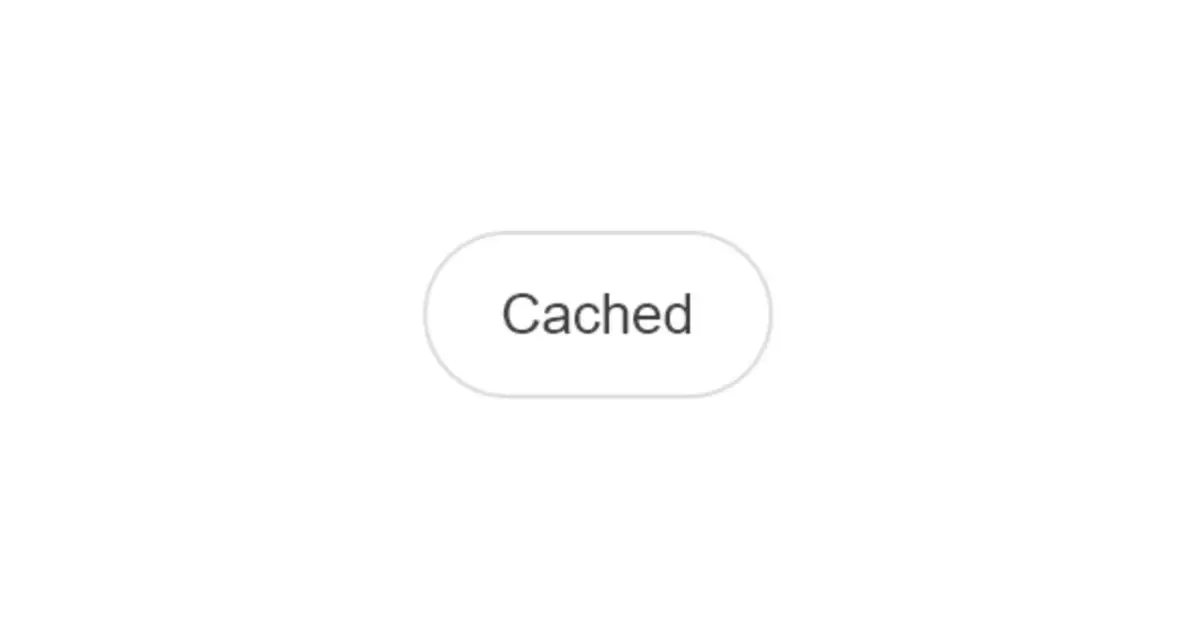Google has recently confirmed that it has removed links to page caches from its search results page. The company’s search liaison, Danny Sullivan, explained that this feature, which allowed users to view webpages as Google sees them, has been retired. While it may not be a significant loss for all users, the removal of the cache feature has implications for various groups of people who relied on it for different purposes.
The cache feature was not just helpful for individuals struggling with slow-loading pages. SEO professionals often leaned on it to debug their websites and monitor competitors. Additionally, journalists found it to be an invaluable tool for news gathering. By accessing a webpage’s cache, reporters could track changes made by companies and even discover information that others were attempting to remove from the web. Moreover, the cache feature served as an alternative to VPNs for users who faced region-based restrictions.
Previously, accessing a page’s cache was relatively straightforward. Users could simply click on the “Cached” button that appeared in the “About this result” panel, accessible from the three-button menu next to a search result. Alternatively, those in the know could prefix the URL with “cache:” to directly search for the cached version. However, Google has been gradually removing these cache links from its search results page over the past few months, with a complete removal by the end of January.
The removal of Google’s cache links may come as no surprise to some, as Martin Splitt, a Google developer relations engineer, labeled the cached view as a “basically unmaintained legacy feature” earlier in 2021. It seems that Google has not made any plans to replace this feature in the immediate future. However, Sullivan suggests the possibility of adding links to the Internet Archive that would allow users to track how webpages have changed over time. He does note, though, that this would require discussions with the relevant parties involved.
The elimination of the cache feature may inconvenience certain groups of users. SEO professionals, in particular, may struggle with the loss of a useful debugging tool and competitor monitoring mechanism. Journalists will need to find alternative methods for tracking changes made to websites. Additionally, users who relied on the cache to bypass region-based blocking will have to resort to other solutions like VPNs.
While the removal of Google’s cache links may seem like a negative development, it opens up opportunities for innovation and alternative solutions. Third-party services, such as the Internet Archive, may step in to fill the void left by Google’s cache feature. Although no concrete plans have been announced, adding links to the Internet Archive could provide users with a way to view the historical changes of webpages.
Google’s decision to remove links to page caches from its search results page marks the end of a feature that had proven useful to various user groups. While the removal may present challenges for some, it also paves the way for potential advancements in webpage viewing. As technology and user needs evolve, it will be interesting to see how alternative solutions emerge to provide users with new ways of accessing and understanding web content.


Leave a Reply